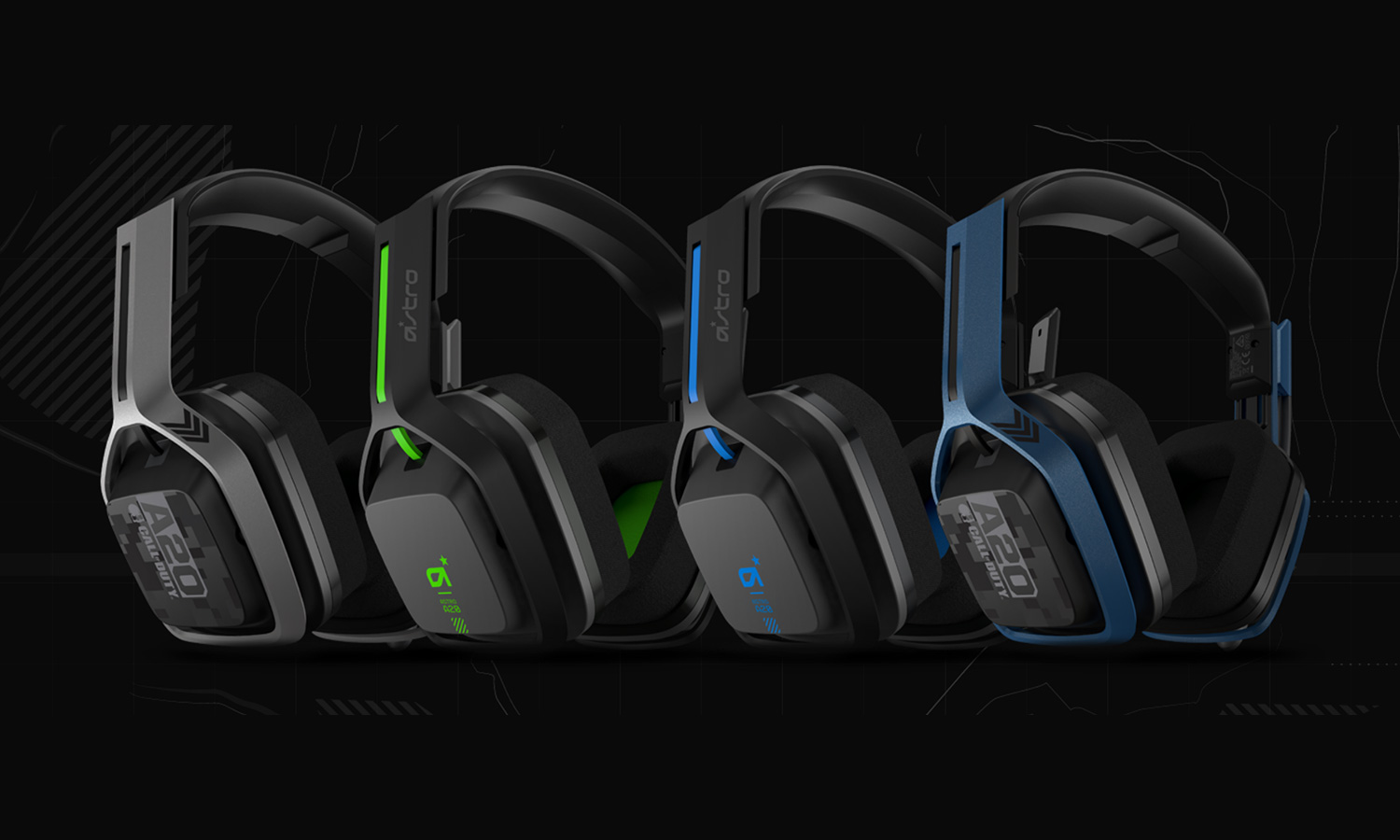Tom's Guide Verdict
The Astro 20 is a supremely comfortable and great-sounding wireless headset that's held back by a weak microphone.
Pros
- +
Incredibly comfortable and lightweight
- +
Mostly strong game audio
- +
Convenient on-ear controls
Cons
- -
Some background hissing
- -
Underwhelming microphone
Why you can trust Tom's Guide
With the $60 A10, Astro proved that it could make a quality entry-level headset to complement its higher-end sets. The new $150 Astro A20 represents the next step up, taking the core design of the A10 and adding wireless functionality and sound customization. The result is a supremely comfortable, largely great-sounding headset, but one with a few microphone and noise issues — and some great competition in the $150 range.
Design
The A20 looks like a mash-up of all of Astro's previous headsets, blending the large, industrial-looking headband of the premium A50 with the sturdy plastic and smaller ear cups of the entry-level A10.
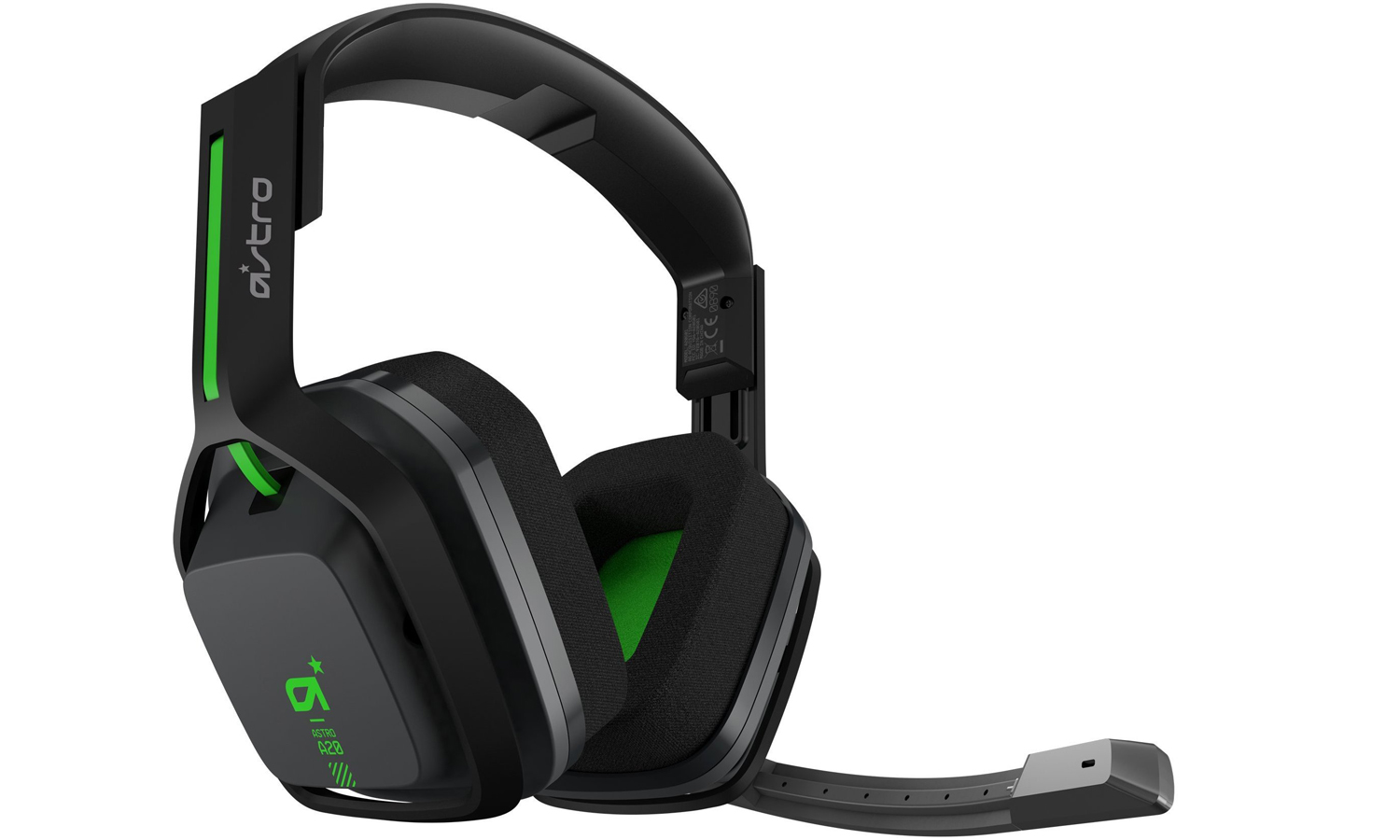
The headset's gray design is highlighted by streaks of blue or green (depending on whether you got the PS4 or Xbox One version), as well as the same flip-to-mute mic as the A10. There's also a Call of Duty-themed variation, if subtle camouflage is more your thing. Astro's headset looked pretty monstrous on my head, but considering it's a wireless headset I'll only wear inside, I didn't mind that too much.
The Astro A20 is supremely comfortable, thanks to a soft set of fabric ear cups and an airy, 11.3-ounce frame.
The A20's right ear cup houses on-ear controls for power, EQ and volume, all of which I found easy to reach. The headset's single volume knob is flanked by two buttons that can be tapped to emphasize game or chat volume, respectively, which is a nice way to keep you from having to fiddle with two separate knobs.
Astro's headset connects wirelessly to a small transmitter box, which has USB ports for charging and connecting to your console, an optical audio jack for your PS4 or Xbox One, and a console/PC switch that makes it easy to transition between platforms.
Comfort
The Astro A20 is supremely comfortable, thanks to a soft set of fabric ear cups and an airy, 11.3-ounce frame that brings Astro's higher-end headsets to mind. The A20 also improves on the A10's overly snug ear cups, providing spacious cans that gave my big ears plenty of breathing room. Between gaming and working, I wore the A20 for hours at a time and never got the urge to take the headset off.
Gaming Performance
The A20 delivered mostly great audio in-game, though I noticed some minor issues when I wasn't shooting or punching things. The headset produced some subtle background hissing on the PS4, and a bit of fuzziness accompanied certain navigation sounds on both PS4 and PC.
Get instant access to breaking news, the hottest reviews, great deals and helpful tips.
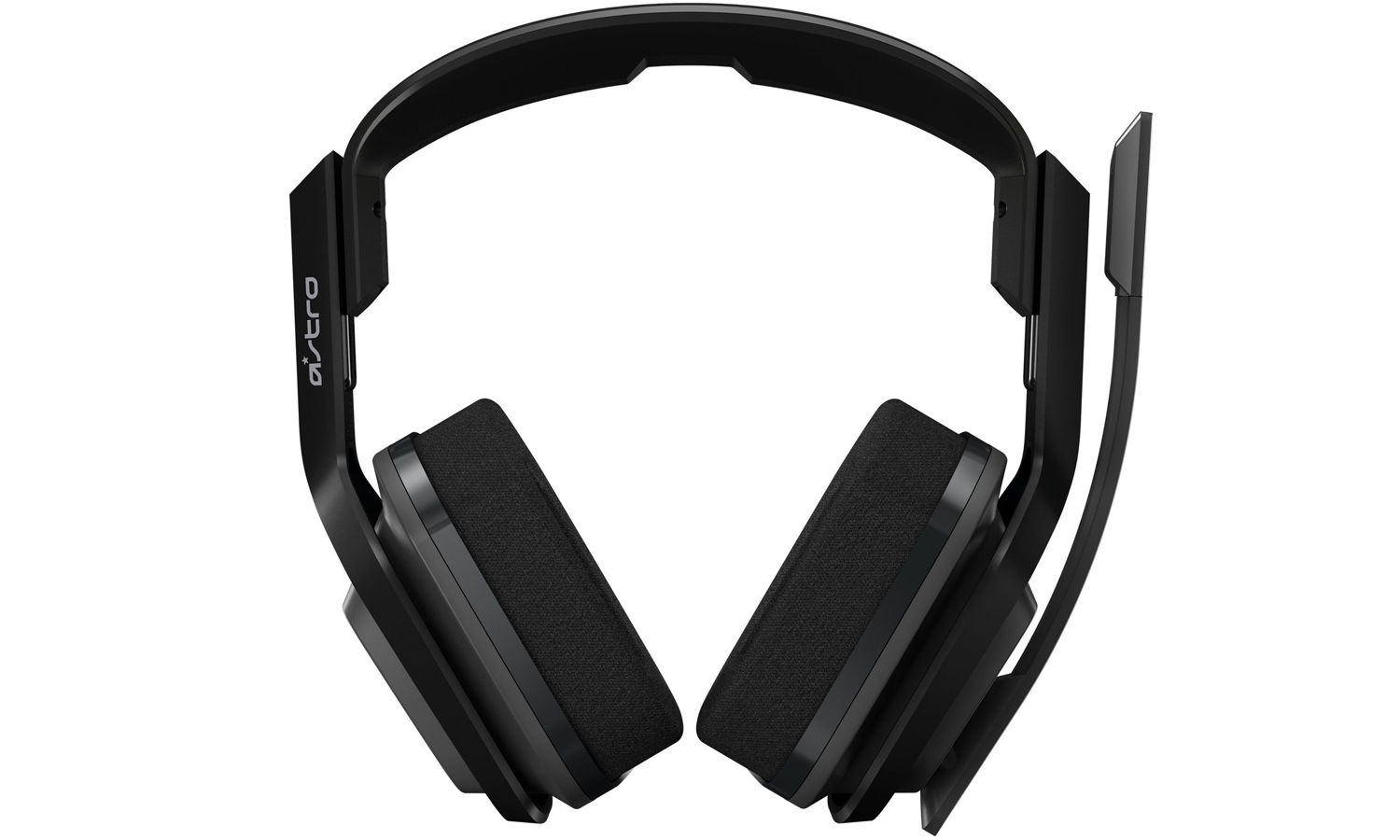
Fortunately, I largely forgot about these problems once I started playing. The A20 fully immersed me in the sweeping battles of the Star Wars Battlefront II beta. The iconic Star Wars blaster noises sounded incredibly punchy, and I could easily hear where every deep, rumbly explosion was coming from as I moved around Naboo.
The A20 did a nice job highlighting even the smallest details of Injustice 2, from the swooshing of Robin's sword to the clanking of Batman's utility belt. Each guttural punch and kick landed with a satisfying aural thud, though some of the game's explosion effects sounded just a bit blown out with the volume turned up.
The iconic blaster noises in Star Wars Battlefront II sounded incredibly punchy, and I could easily hear where every explosion was coming from as I moved around Naboo.
When I switched over to the car-soccer action of Rocket League, Astro's headset made it easy to pinpoint where both the ball and enemy cars were on the field. The game's engine sounds were crisp, and I heard a satisfyingly deep pop every time I hit the ball.
EQ Modes and Software
The A20 delivers Astro's usual trio of sound presets — Astro, Pro and Studio — which you can flip between with the press of a button. The neutral Astro mode worked well for just about anything; the bass-heavy Pro mode added a nice oomph to explosions, and the treble-boosting Studio mode allowed me to hear distant background noises with clarity.
The A20 is also built to work with Astro's Command Center software on PC and Mac, which gives you even finer sound customization by letting you fiddle with a variety of EQ settings for each individual profile. The app also lets you toggle various microphone settings and utilize a special Stream Port tab that allows broadcasters to balance their various audio sources.
As with previous Astro headsets, I find the Command Center's swath of options impressive, but also a bit technical and overwhelming. Still, folks who want to fine-tune every last detail should find plenty to like here.
Microphone and Battery Life
I haven't had the best experiences with Astro microphones, and unfortunately, that's continued with the A20. Like with the A50, the A20's mic made me sound distant and quiet, despite it being right next to my mouth. When I listened back to voice recordings and archived Twitch streams, a good amount of fuzz accompanied my voice. The A20's microphone isn't completely inaudible and will still get the job done for casual multiplayer sessions, but competitive gamers and serious streamers should look for something better.
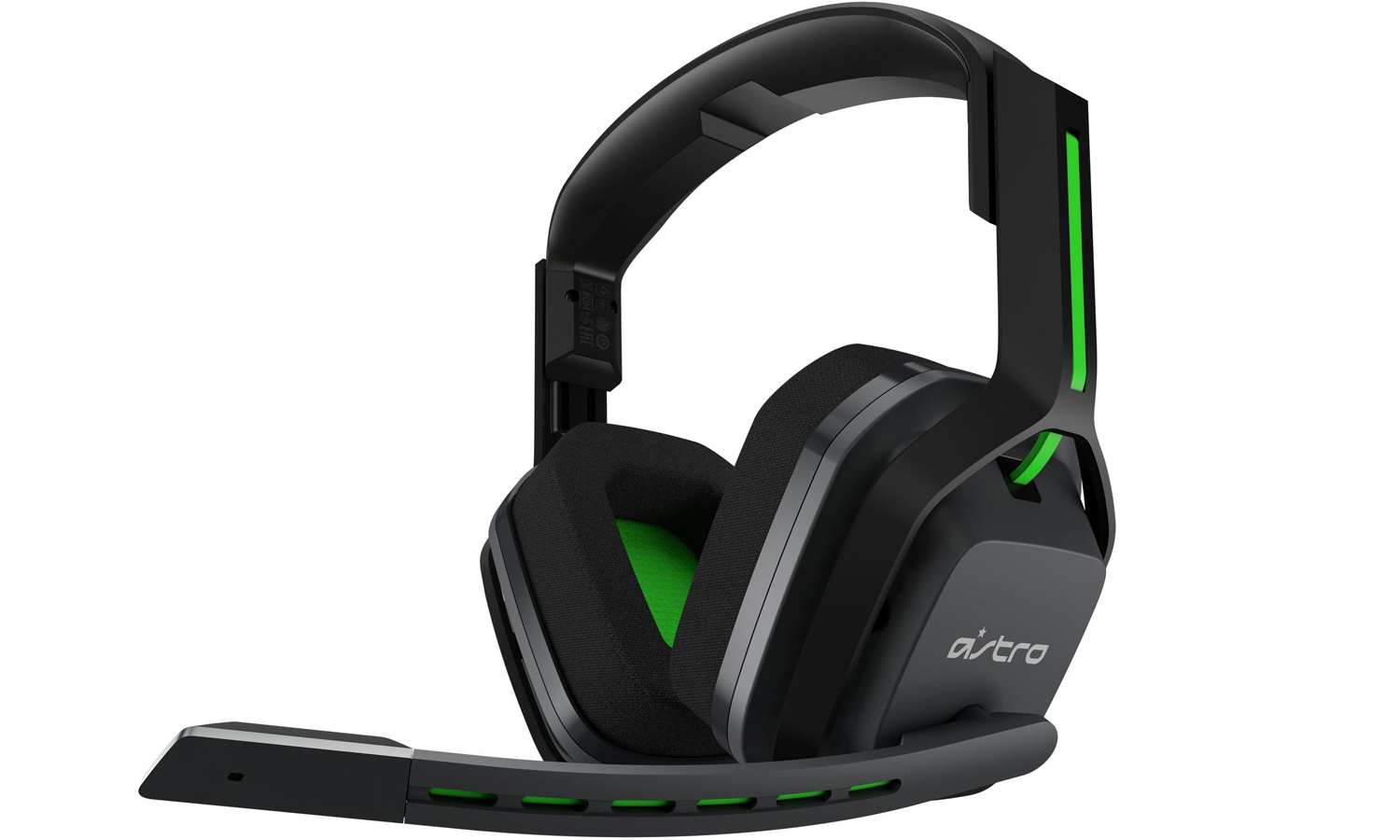
The Astro A20 promises 15 hours of battery life, and while I've yet to drain the battery on a full charge, the headset seems to be living up to that claim so far. The headset's wireless functionality has also proven flawless; I've yet to experience any interference or cutting out when I was sitting about 10 feet away from the transmitter.
Bottom Line
Taken on its own, the Astro A20 is a solid middle ground between the company's high-end and entry-level headsets. It feels fantastic, sounds great most of the time, and has some handy on-ear controls and sound presets. However, the disappointing microphone and occasional noise issues make it hard to fully recommend this headset against its strong competition.
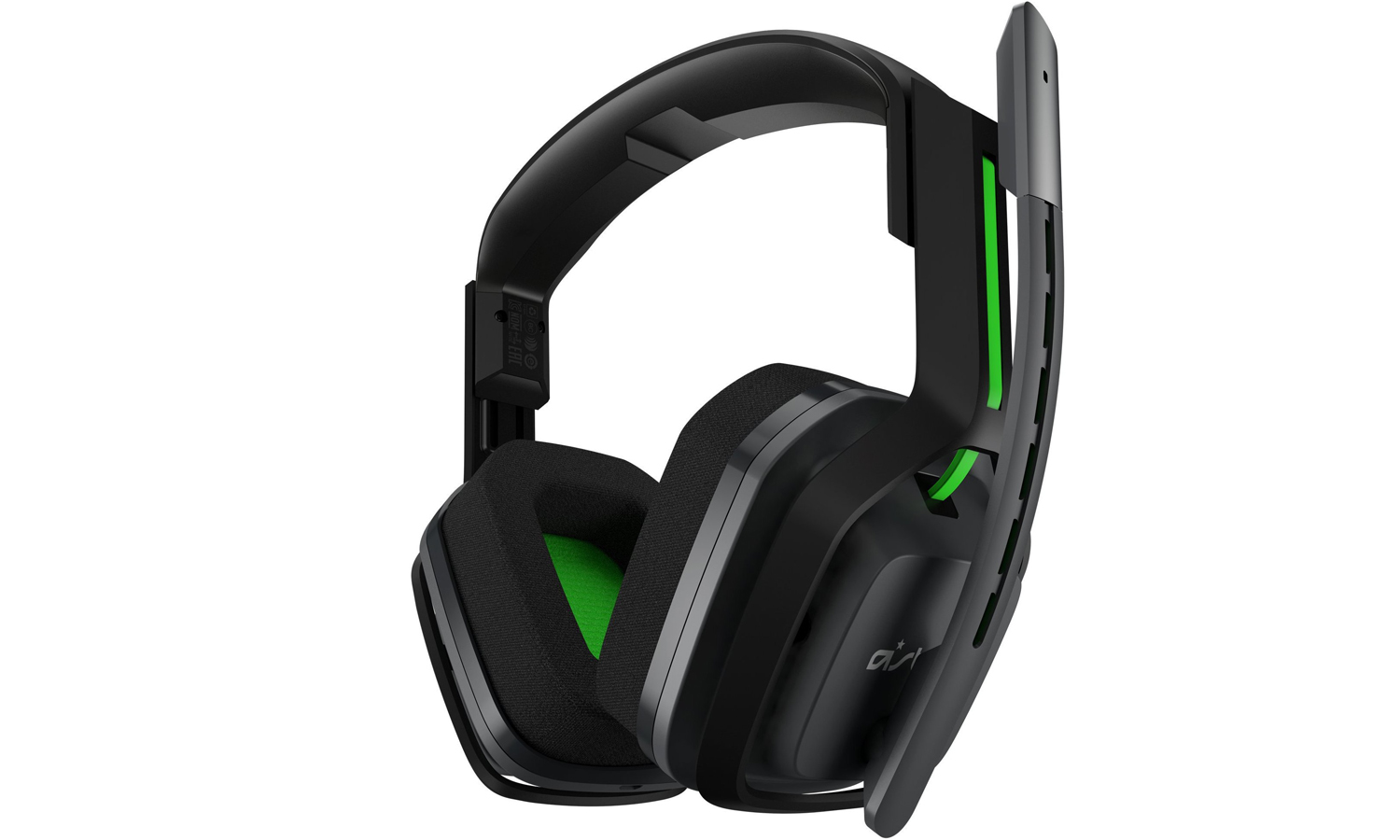
For $20 more, Razer's excellent $169 ManO'War delivers 7.1 surround sound on PC and rich stereo audio on PS4 — and with a better mic. There's also the $149 LucidSound LS30, which offers similarly great sound, both wireless and analog functionality, and a design that's stylish enough that you can use this set as an everyday pair of headphones. Given its enticing price, there's lots to love about the Astro A20's design and performance, but you'll have to live with some caveats.
- Astro A03 review: Affordable gaming earbuds
- The best wireless gaming headsets overall
Mike Andronico is Senior Writer at CNNUnderscored. He was formerly Managing Editor at Tom's Guide, where he wrote extensively on gaming, as well as running the show on the news front. When not at work, you can usually catch him playing Street Fighter, devouring Twitch streams and trying to convince people that Hawkeye is the best Avenger.
